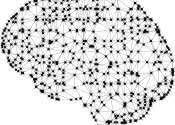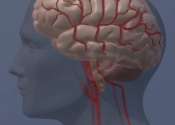Using deep learning to improve algorithms for the monitoring of sleep disorders with wearables
Approximately 10% of the world's population are affected by insomnia, which is just one of a variety of serious sleep disorders. In a new study published in Scientific Reports, TU/e researchers, along with colleagues from ...
Jul 5, 2023
0
40









